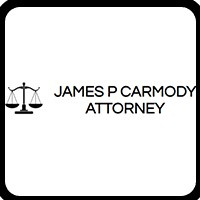Cripple Creek Bankruptcy Lawyer, Virginia
Includes: Bankruptcy Litigation, Commercial Bankruptcy, Consumer Bankruptcy, Dissolution
James P Carmody
✓ VERIFIEDBankruptcy, Family Law, Credit & Debt
Since 1976, Mr. Carmody has provided outstanding legal services for bankruptcy, divorce, custody issues, and adoption proceedings to clients in the gr... (more)
Vincent John Carroll
Government, Workers' Compensation, Employment, Bankruptcy
Status: In Good Standing
Mary Teasdale Scarola
Administrative Law, Elder Law, Consumer Bankruptcy, Clean Air Practice
Status: Deceased Licensed: 20 Years


